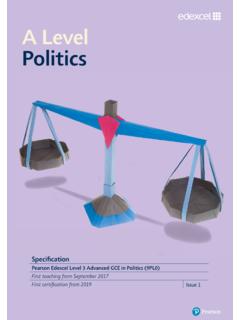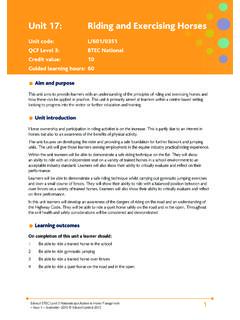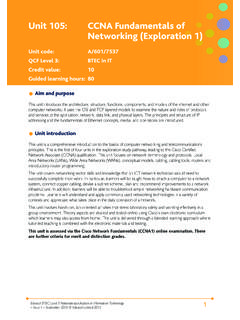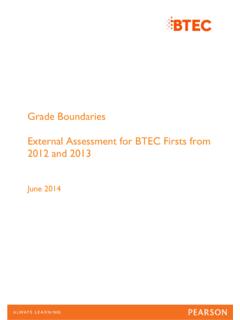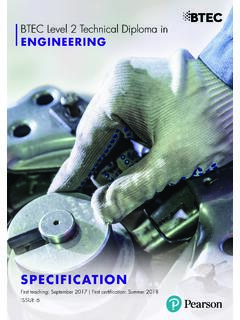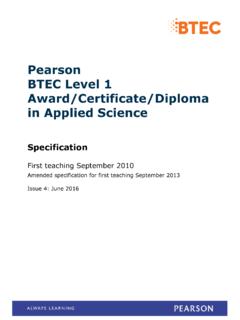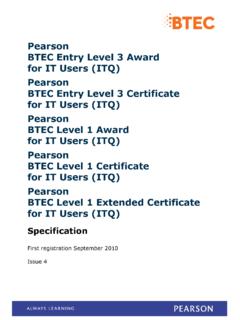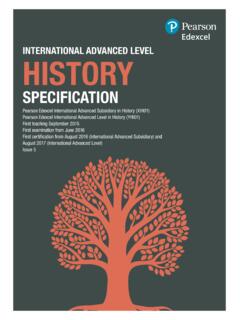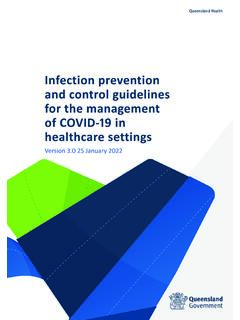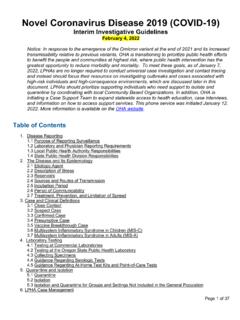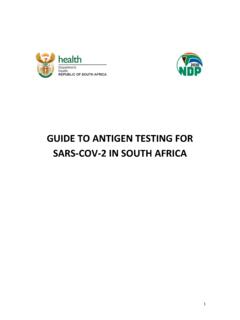Transcription of Specification - BTEC Level 3 Diploma in Adult Care (England)
1 Pearson BTEC Level 3 Diploma in Adult Care (England) Specification Competence-based qualification (England only) Issue 2 First registration Edexcel, BTEC and LCCI qualifications Edexcel, BTEC and LCCI qualifications are awarded by Pearson, the UK s largest awarding body offering academic and vocational qualifications that are globally recognised and benchmarked. For further information, please visit our qualifications website at Alternatively, you can get in touch with us using the details on our contact us page at About Pearson Pearson is the world's leading learning company, with 35,000 employees in more than 70 countries working to help people of all ages to make measurable progress in their lives through learning.
2 We put the learner at the centre of everything we do, because wherever learning flourishes, so do people. Find out more about how we can help you and your learners at This Specification is Issue 2. Key changes are listed in the summary table on the next page. We will inform centres of any changes to this issue. The latest issue can be found on the Pearson website: References to third-party material made in this Specification are made in good faith. Pearson does not endorse, approve or accept responsibility for the content of materials, which may be subject to change, or any opinions expressed therein.
3 (Material may include textbooks, journals, magazines and other publications and websites.) All information in this Specification is correct at time of publication. ISBN 978 1 446 96025 7 All the material in this publication is copyright Pearson Education Limited 2019 Pearson BTEC Level 3 Diploma in Adult Care (England) Specification Issue 2 changes Summary of changes made between previous issue and this current issue Section number Group B1 optional units 57-61 added including the following: unit 57 Understand how to support individuals during the last days of life unit 58 Understand advance care planning unit 59 Provide support for journeys unit 60 Understand models of disability unit 61 The principles of infection and control Section 4 Group B2 optional units 63-88 added including the following: unit 63: Support independence in the tasks of daily living unit 64: Support effective communication with individuals with a sensory loss unit 65: Equality, diversity and inclusion in dementia care practice unit 66: Provide active support unit 67.
4 supporting individuals with loss and grief before death unit 68: Managing symptoms in end of life care unit 69: Recognise indications of substance misuse and refer individuals to specialists unit 70: Identify and act upon immediate risk of danger to substance misusers unit 71: Increase awareness about drugs, alcohol or other substances with individuals and groups unit 72: Carry out initial assessments to identify and prioritise the needs of substance misusers unit 73: Carry out comprehensive substance misuse assessment unit 74: Assist with the transfer of individuals, who misuse substances, between agencies and services unit 75: Develop and sustain effective working relationships with staff in other agencies unit 76: Supply and exchange injecting equipment for individuals unit 77: Facilitate learning and development activities to meet individual needs and preferences unit 78: Support individuals to access and use services and facilities unit 79: Support individuals to maintain personal hygiene unit 80: supporting infection prevention and control in social care unit 81: Support individuals to live at home unit 82.
5 Provide support for individuals within a shared lives arrangement unit 83: Contribute to raising awareness of health issues unit 84: Meet food safety requirements when providing food and drink for individuals unit 85: Support individuals with specific communication needs unit 86: Support care plan activities unit 87: Administer medication to individuals and monitor the effects unit 88: Test for substance use Section 4 unit 7: Implement person-centred approached in care setting. The 6Cs the word choice has been replaced with communication . Section 11 Earlier issue(s) show(s) previous changes.
6 If you need further information on these changes or what they mean, contact us via our website at: Contents 1 Introducing BTEC Competence-based qualifications for the New Apprenticeship Standards 1 Overview 1 Sizes of Competence-based qualifications 1 2 Qualification summary and key information 3 3 Qualification purpose 4 Qualification objectives 4 Relationship with previous qualifications 5 Apprenticeships 5 Progression opportunities 5 Industry support and recognition 5 4 Qualification structure 6 Pearson BTEC Level 3 Diploma in Adult Care (England) 6 5 Programme delivery 11 Elements of good practice 11 Delivery guidance for Pearson BTEC Level 3 Diploma in Adult Care (England)
7 12 6 Centre resource requirements 14 7 Access and recruitment 16 Prior knowledge, skills and understanding 16 Access to qualifications for learners with disabilities or specific needs 16 8 Assessment 17 Language of assessment 17 Internal assessment 17 Assessment strategy 18 Types of evidence 19 Assessment of knowledge and understanding 20 Appeals 21 Dealing with malpractice 21 Internal assessment 21 Learner malpractice 22 Teacher/centre malpractice 22 Sanctions and appeals 23 Reasonable adjustments to assessment 23 Special consideration 24 9 Centre recognition and approval 25 Centre recognition 25 Approvals agreement 25 10 Quality assurance 26 11 unit format 27 unit
8 Number 27 unit title 27 unit reference number 27 Level 27 unit type 27 Credit value 27 Guided Learning Hours (GLH) 27 unit summary 27 Learning outcomes 28 Assessment criteria 28 unit content 28 Relationship between unit content and assessment criteria 28 Legislation 28 Information for tutors 28 Units 29 unit 1: Promote Communication in Care Settings 31 unit 2: Promote Personal Development in Care Settings 41 unit 3: Promote Equality and Inclusion in Care Settings 49 unit 4: Duty of Care in Care Settings 57 unit 5: Safeguarding and Protection in Care Settings 63 unit 6: Responsibilities of a Care Worker 77 unit 7: Promote Person-centred Approaches in Care Settings 85 unit 8: Promote Health, Safety and Wellbeing in Care Settings 97 unit 9: Promote Effective Handling of Information in Care Settings 111 12 Further information and useful publications 117 13 Professional development and training 118 14 Contact us 119 Annexe A.
9 Assessment Strategy 121 Pearson BTEC Level 3 Diploma in Adult Care (England) Specification Issue 2 February 2019 Pearson Education Limited 2019 1 1 Introducing BTEC Competence-based qualifications for the New Apprenticeship Standards Overview In October 2013, the government began the implementation of the plan to reform apprenticeships in England. The reform includes changes that move the design of apprenticeships into the hands of employers with the aim of making them more rigorous and responsive to employers needs. Employer groups, referred to as Trailblazers, now lead on the development of apprenticeships for occupations where they identify the need for apprentices.
10 Pearson has been working closely with Trailblazer employer groups in the development of different types of assessment programmes and qualifications to support the delivery of these new apprenticeships. Employers are continuing to value competence-based qualifications as a part of these new apprenticeships. Within the new apprenticeships, competence-based qualifications give learners the opportunity to develop and demonstrate their competence, in line with the Apprenticeship Standards developed by Trailblazer employer groups. These new Apprenticeship Standards describe the knowledge, skills and behaviours (KSBs) required to undertake a specific occupation well, and to operate confidently within a sector.
